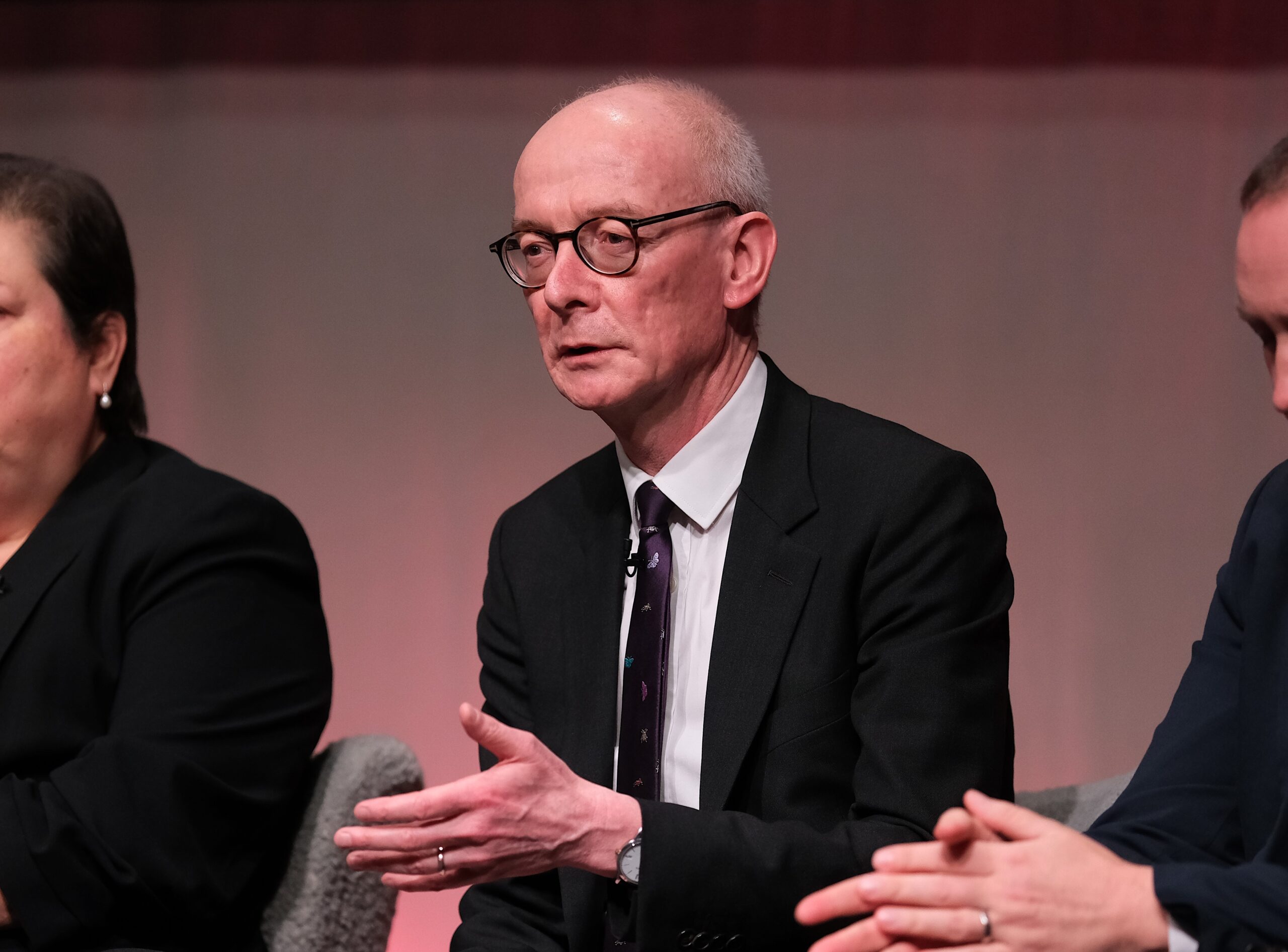Institute for Government: Is Whitehall’s workforce model broken?

The Institute for Government (IfG) has released its latest report on the causes and effects of high turnover in the civil service.
The think tank’s document claims that this churn is costing the Government “up to £74 million a year in recruitment, training and lost productivity.” “The indirect costs of turnover are even higher,” it claims, “including disruptive leadership changes contributing to major projects like Universal Credit going awry.”
The report also explained the need to address the cap on pay, which has meant that individuals have had to change roles to access promotions and pay rises.
Responding to the report, FDA General Secretary Dave Penman said it “rightly shines a light on the reasons why turnover in some critical areas of the civil service is too high.
“It also illustrates the true cost of this turnover: millions of pounds of taxpayer money and reduced efficiency.”
He argued, however, that the document did not go far enough. “Civil service pay has remained largely unreformed for 25 years. Staff turnover is only one of many problems that need addressing. A series of sticking plasters, focussing on a small select group rather than the broader weaknesses in the system, will only repeat the mistakes of the past.
“Fundamental reform of how pay systems operate — both in departmental bargaining and for the Senior Civil Service — is long overdue, having been stuck in the ministerial ‘too difficult’ tray for over a decade.
“If ministers are serious about addressing the weaknesses identified in the report, root and branch reform of pay structures is essential. That inevitably requires a level of investment that the Treasury has consistently shown it is not prepared to fund.”
Speaking at the document’s launch event, Senior Researcher at IfG Tom Sasse described the need to change civil service culture so that it places more value on continuity and depth of experience. “Whitehall favours generalists who move quickly,” he said, while specialists can shortly hit a “career ceiling”.
Lord Freud, former Minister of State at the Department for Work and Pensions, recognised that many of the people working in the civil service are of “extraordinarily high quality”. He believed that the organisation did not value these staff members as individuals, whereas their unique qualities would be better appreciated in the private sector and elsewhere.
Former Cabinet Secretary Lord O’Donnell, argued that churn was “fundamentally an issue of pay”. He echoed Lord Freud’s belief in individual’s abilities, stating that “if people in the civil service realised how marketable they are there would be a real problem.”
Related News
-

Government’s plans for civil service reform “lack substance”, says FDA
The FDA has criticised the government’s rhetoric surrounding the announcement of a series of civil service reforms – on performance-based pay, fast track exits for underperformers, and performance management – by Chancellor of the Duchy of Lancaster Pat McFadden.
-

9% pay rise for NI civil servants ‘genuine attempt to tackle pay erosion’, says FDA
The FDA is recommending to members to accept the Northern Ireland civil service pay offer for 2024/25, which represents a 9% increase over a 20-month period.
-

FDA calls for widespread reform across the civil service in New Year message to government
The FDA has shared its annual New Year message to the government, in which FDA Assistant General Secretary Lauren Crowley outlines the need for significant reform across the civil service.